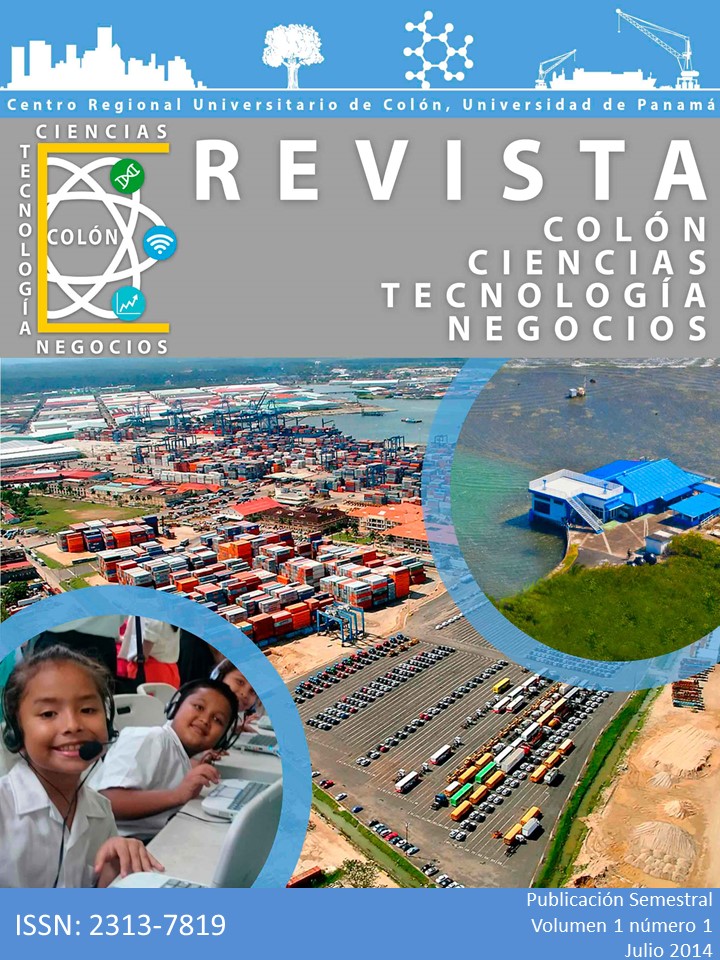

Algae can be microscopic or macroscopic. Panama has a high diversity of macro algae associated with coral reefs in the Caribbean marine ecosystems. Some of them have bioactive substances that are useful in agriculture, animal husbandry, medicine and human aesthetics. This study makes a brief introduction to the use of macro marine algae in South America and the Caribbean. Then presents the use of seaweed by Panamanian Ethnic groups that have traditionally been known since 1850, with the arrival of large groups of Panama Afro-Caribbean workers for the construction of both the inter-oceanic railway, as the Channel, these immigrants introduced use of macro algae in food, according to customs of the islands of the Caribbean, unknown by the vast majority of socially dominant population in Panama, mainly European and Spanish heritage. Since 2000 there are macroalgae productive crops in the country, of the genera Gracilaria, Eucheuma and Kappaphycus alvarezii (Doty) Doty ex Silva. This study also presents the seaweeds that have been cultivated in the village of Cativá, located in the coastal area of the Panamanian Caribbean, northeast of the Panama Canal since 2004 with commercial interests. The crops were developed in two phases: in situ culture (in the sea and in tanks) and in vitro culture (in the laboratory and in acclimation tanks and aquariums). Both crops are intended to achieve sustainable development in the coastal zone and an attractive product for the industry to give economic opportunities to farmers. The techniques of in vitro cultures are based on already established by Gloria Batista since 2009, in Punta Galeta Marine Laboratory. These have enabled us to maintain and spread of healthy seeds and qualities that compete with global industry requires raw material for the manufacture of mass use, such as toothpaste, soap, and food product development gourmet.